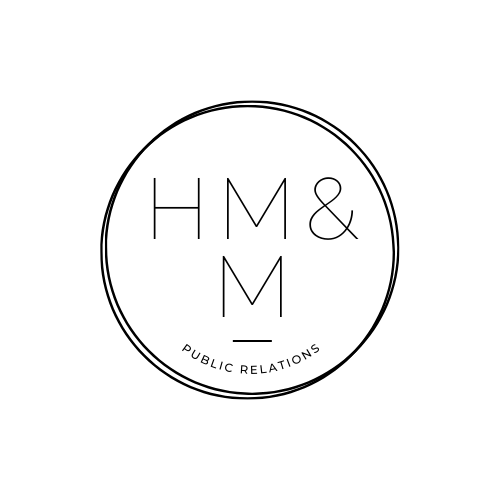By Mary Nguyen
Media training is overlooked as the domain of corporate high-flyers or people who are regularly in the public eye but did you know it can benefit your small or medium enterprise too? Read our guide on media training to find out more.
If you’re busy establishing and running a small business and have already enlisted a PR service, it might not occur to you that you should consider getting some media training as well. Whether you’re launching new products, announcing company news, or dealing with a crisis, you and your representatives should feel comfortable fronting the media with aplomb. Learning how to do so will give your brand that extra edge it needs to really stand out and ensure you maximise all opportunities for publicity.
Being seen and heard regularly in the media is a powerful way boost your brand profile provided you conduct yourself with composure and confidence. A recent report from Weber Shandwick showed that 63% of a company’s market value is attributed to its reputation, demonstrating the influence reputation can have on a business’ bottom line. Media training will help you put your best foot forward at all times to build credibility and impact when journalists come knocking; you can learn to make the most out of the opportunity while avoiding pitfalls like saying the wrong thing.
What does media training involve?
Proper media training teaches you how to communicate with the media effectively in order to disseminate your brand messages to target audiences. Training is usually conducted by media experts with a deep understanding of what journalists are looking for and how to respond. Your media guide will show you how to promote your business, share expertise or engage in reputation management while remaining in control at all times.
Media training addresses all aspects of communication for the particular medium at hand. This includes TV, radio, social media etc. It addresses how you speak – your choice of words, tone and body language and facial expressions. These skills are important not just for people who deal with the media on a regular basis but also for those who want to establish themselves as industry leaders in all sectors including corporate, small business, not-for-profit and everything in between.
Practical aspects can include training in front of real cameras, mock interviews and press conferences. Your PR rep can help you come up with a list of questions including tough questions you may be asked and help you practice communicating key messages. The end result is to get you feeling more confident, well-prepared and able to use the coverage to your advantage every time you are called on to comment.
Understanding the media landscape
A large part of successful media training is understanding how media works. This will help you clarify your key messages and turn them into something that is of interest to the media and audiences. Define your talking points clearly so you know what you want to convey; your message should be succinct, and there should only be a few of them. You can keep looping back to these key messages throughout the interview and they should be focused on things like the benefits of your product or service or the problem you are solving for consumers.
Key questions to ask are:
What is the publication and journalist you are speaking to? It helps to know the kind of stories they run so you work out how your brand might fit.
Who is their audience? What is the overlap with your target audience and how can you tailor your message to appeal to them?
Why is the journalist contacting you? What is the story they are interviewing you for? What questions will they be asking?
It always pays to plan ahead and get plenty of practice in well before any upcoming interview. When speaking, use the Three Cs: calm, concise and confident. Use the same language as your target audience and avoid overly complicated messages or jargon. Have some relevant facts and statistics on hand to boost your credibility and last of all, never rush into speaking. Stay calm and collected and always take a breath and think before you give your answer.
It may be daunting to speak to a media outlet but a successful interview can be a boon for elevating your business’ public image. As British Prime Minister Winston Churchill once said: “The difference between mere management and leadership is communication.” Media training is crucial for communicating key messages with impact so you can position your brand as an industry leader and reap the benefits of positive publicity.
Need more help?
Get on top of the latest PR trends, learn new PR tactics for small businesses and find out whether influencers are worth the investment on the HM&M Insights blog.




